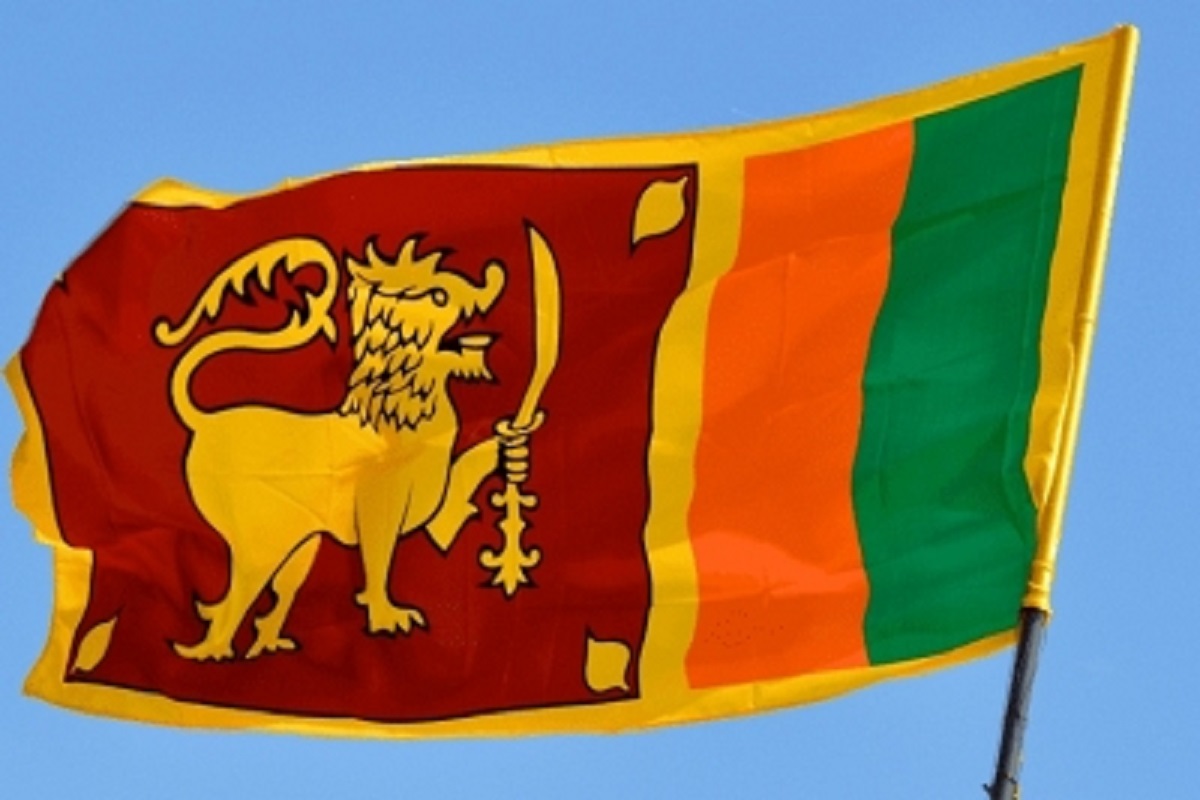Global polls
As the world is in the midst of the ‘Great Election Year’ of 2024, the International Monetary Fund (IMF) has sounded the alarm on the perilous tight-rope walk between democratic exercises and fiscal responsibility.
IMF has clearly mentioned that Sri Lanka needs to first reduce the prevalent corruption conditions and overhaul the taxation structure.

File Photo
Sri Lanka Economic Crises: The International Monetary Fund (IMF) shared its end-of-mission report on Thursday and highlighted the ‘corruption vulnerabilities’ in Sri Lanka. The IMF personnel had conducted a study after visiting Sri Lanka from 20th to 30th of June. The 10 day long study visit was aimed at identifying the possibilities to extend a financial bailout package to the island nation, reeling under extreme financial crisis.
IMF has clearly mentioned that Sri Lanka needs to first reduce the prevalent corruption conditions and overhaul the taxation structure. IMF insisted that these measures must first be adopted, before any talks about the bailout be furthered.
IMF in an official said, “The authorities have made considerable progress in formulating their economic reform program and we are looking forward to continuing the dialogue with them”.
Advertisement
It is to be noted that President Gotabaya Rajapaksha introduced drastic tax cuts in 2019, which are widely being blamed for the current economic crisis being faced by the country.
The statement also said, “Given the low level of revenues, far-reaching tax reforms are urgently needed”.
It is highly recommended in the report that the country needs to urgently address the inflation levels and the severe balance of payments (BOP), prevalent in the economy.
The official statement also said, “The authorities have made considerable progress in formulating their economic reform program and we are looking forward to continuing the dialogue with them”.
Sri Lanka is facing the worst situation in terms of its fuel reserves and has banned the sale of petroleum fuel for its citizens till 10th of July. Since the past several months, the 22 million people of the country have faced severe shortages of food and other essential commodities. In the past couple of weeks, the condition has worsened further and the country has been reaching out to other nations for financial and material assistance. In April this year, Sri Lanka faltered on its foreign debt of $51 billion.
It is also estimated by the United Nations (UN), that about 80% of the total population of the country is skipping meals in order to cope with food shortages.
The country has been witnessing widespread protests seeking resignation of President Rajapaksa because of the government’s mismanagement of the economic crisis.
The international lender point out that Sri Lanka required immediate debt restructuring and raising the taxation. It is evident that revenue inflow is at the bottom, so the only way to restore economic progression is through far-reaching tax reforms.
The statistics office of the government, on Tuesday said that the economic growth of the first quarter of 2022, is expected to remain at negative 1.6%.
Meanwhile, the Ceylon Petroleum Corporation has not confirmed placing any new orders for petroleum supplies yet. There is still a dilemma as to how the sale of petrol fuel would return to normalcy after July 10th.
The IMF is still reviewing the situation in the country and the further talks between the country’s leadership and IMF personnel would decide the fate of the nation.
Advertisement